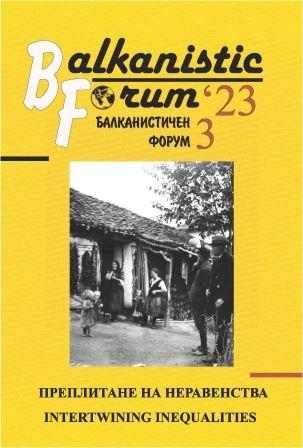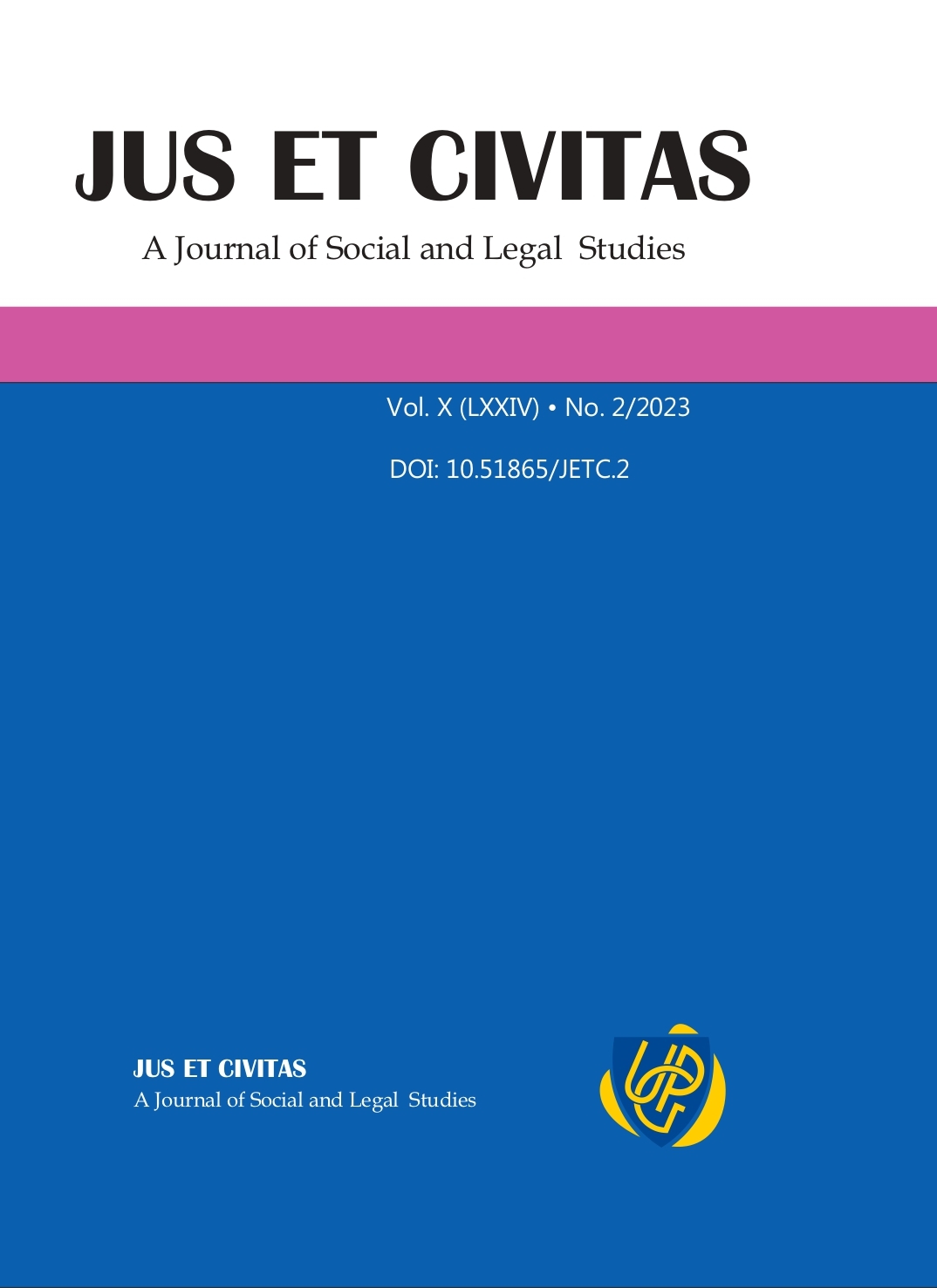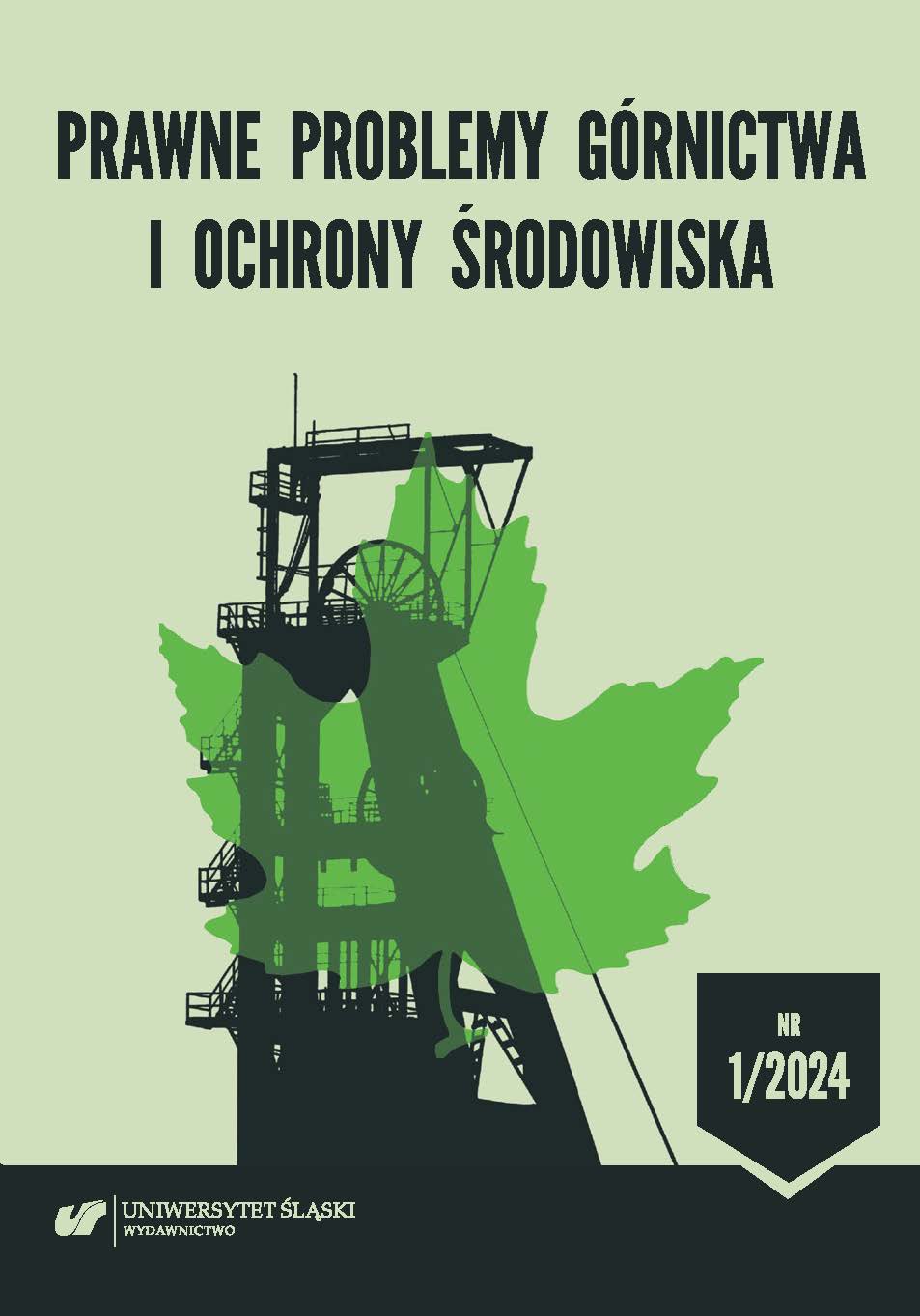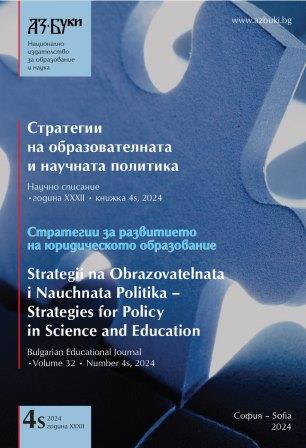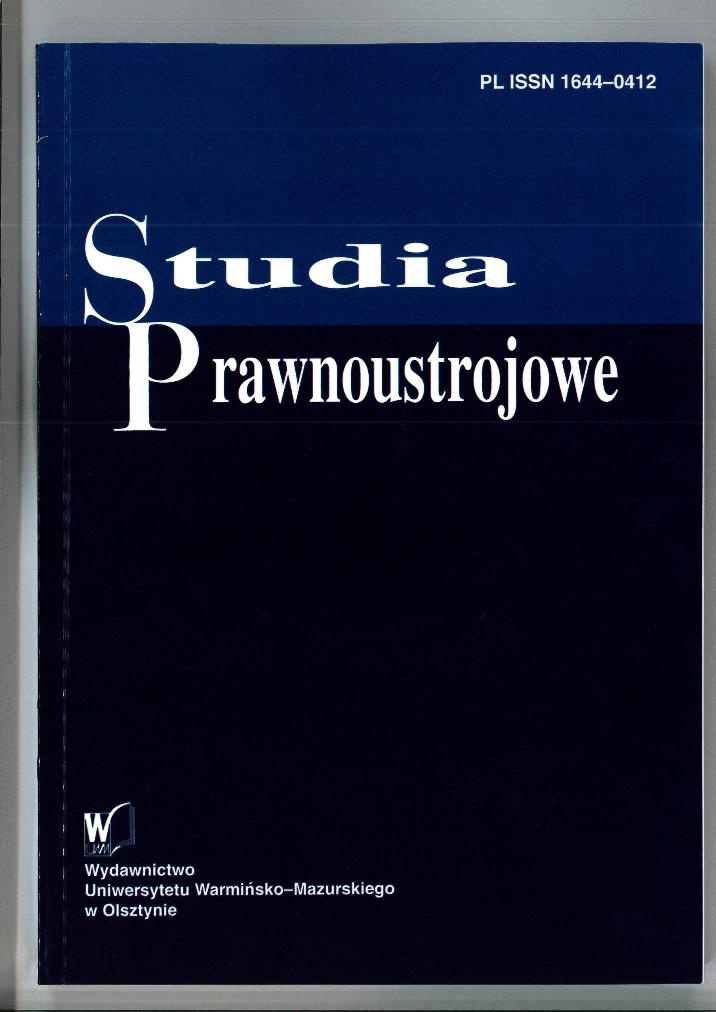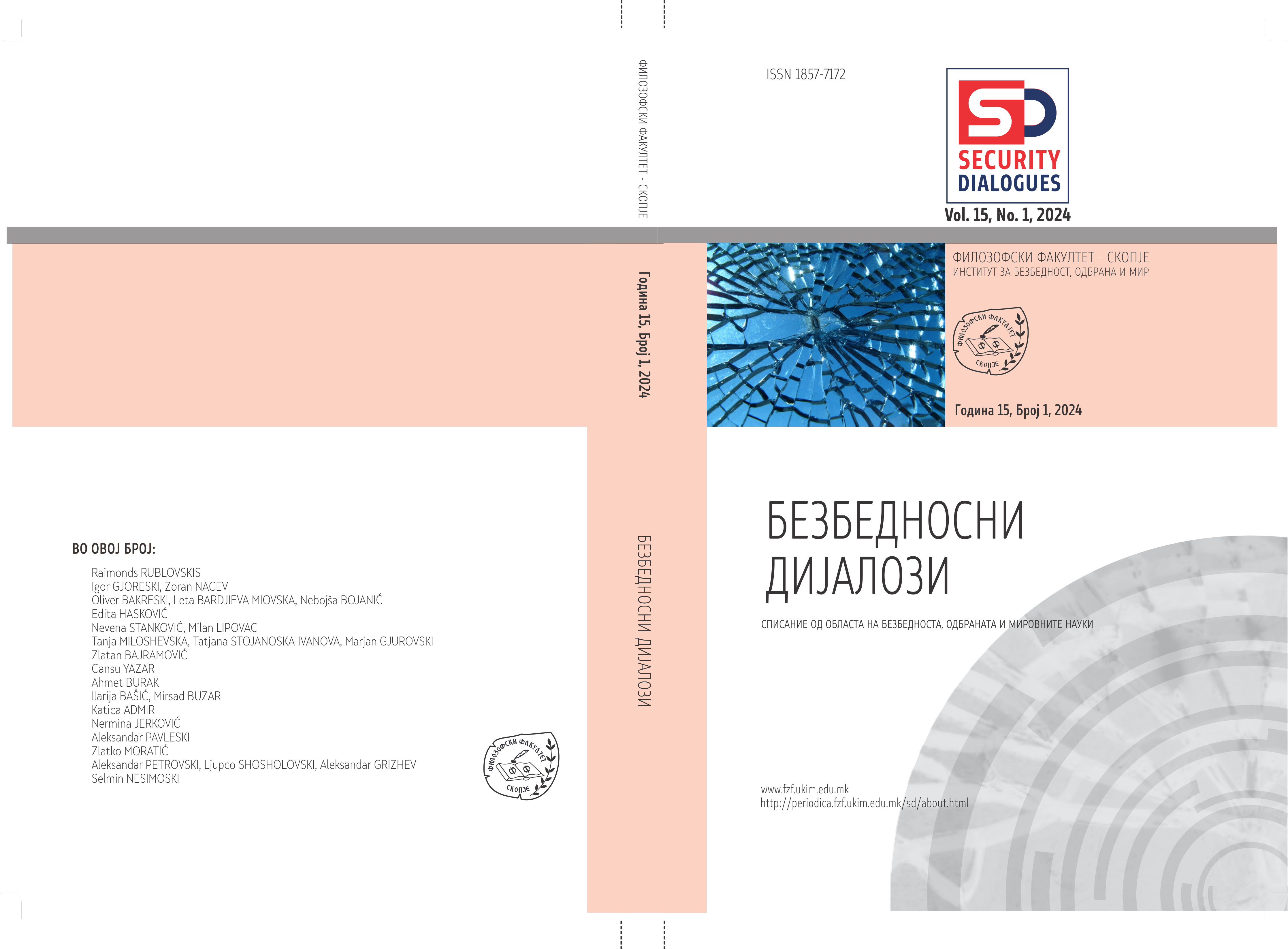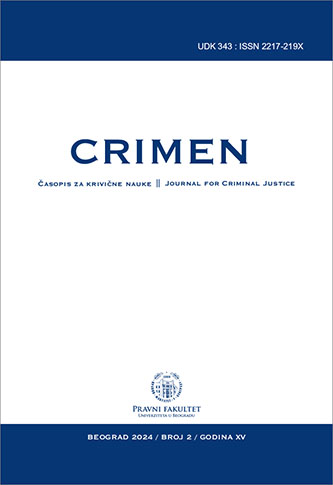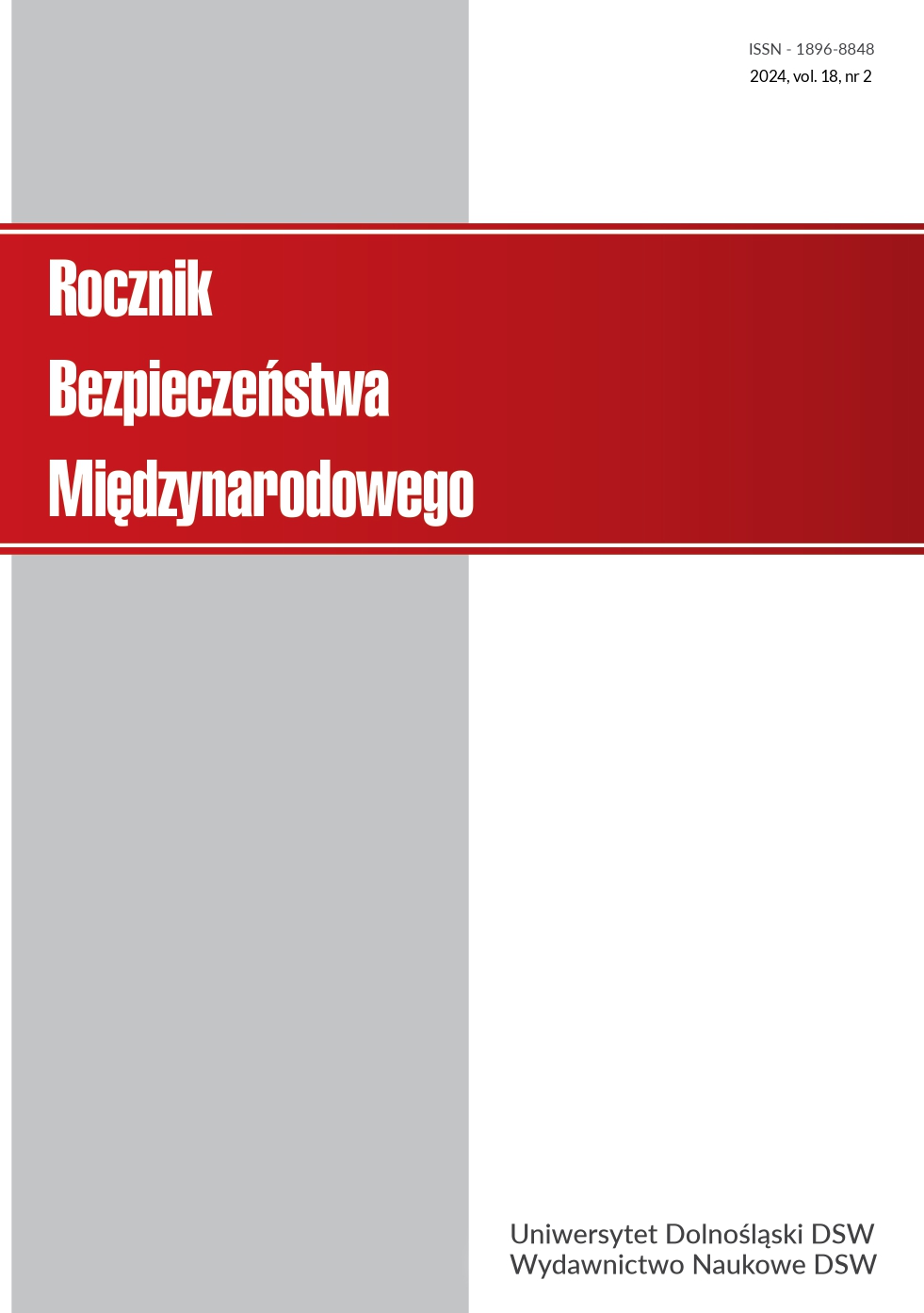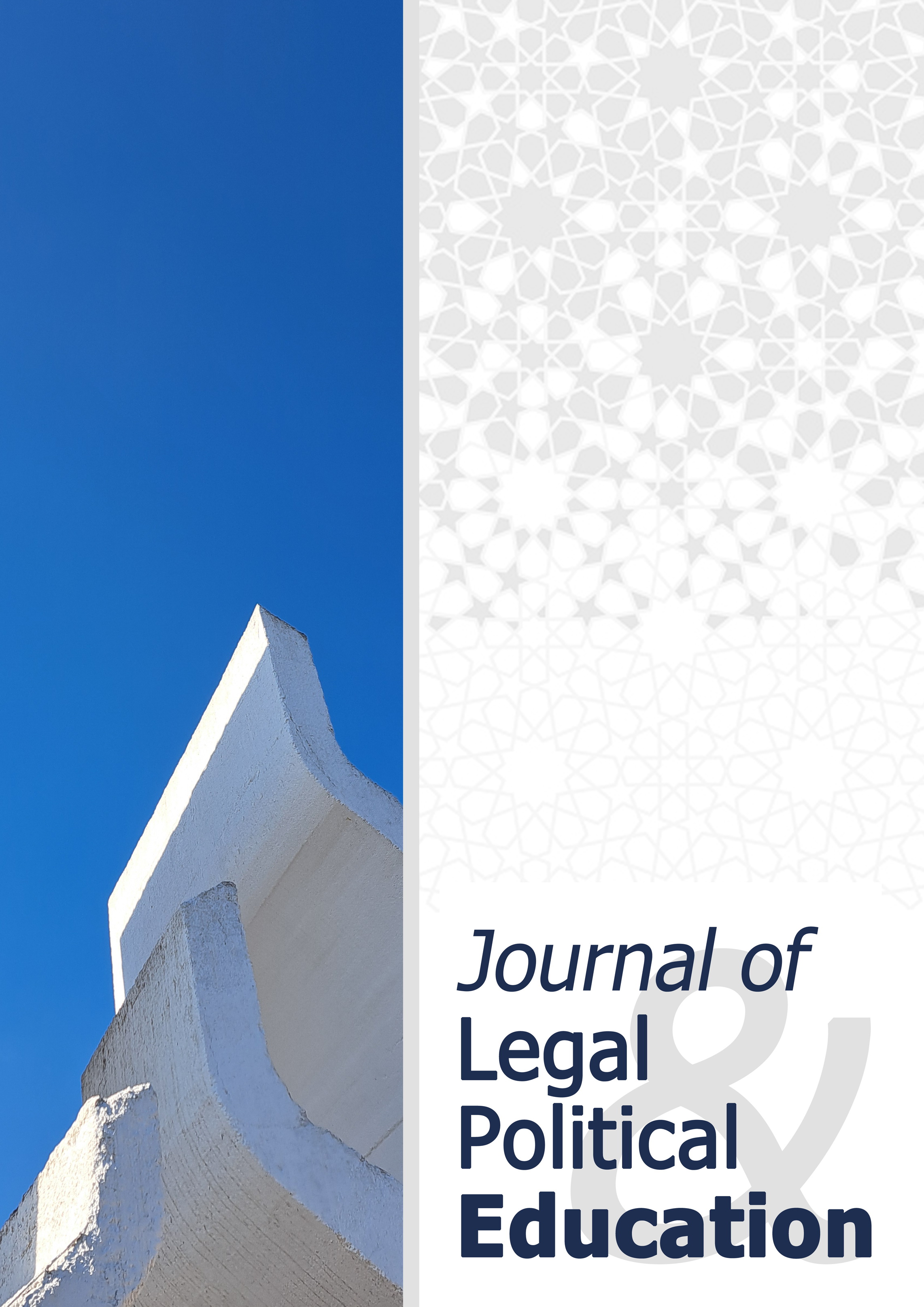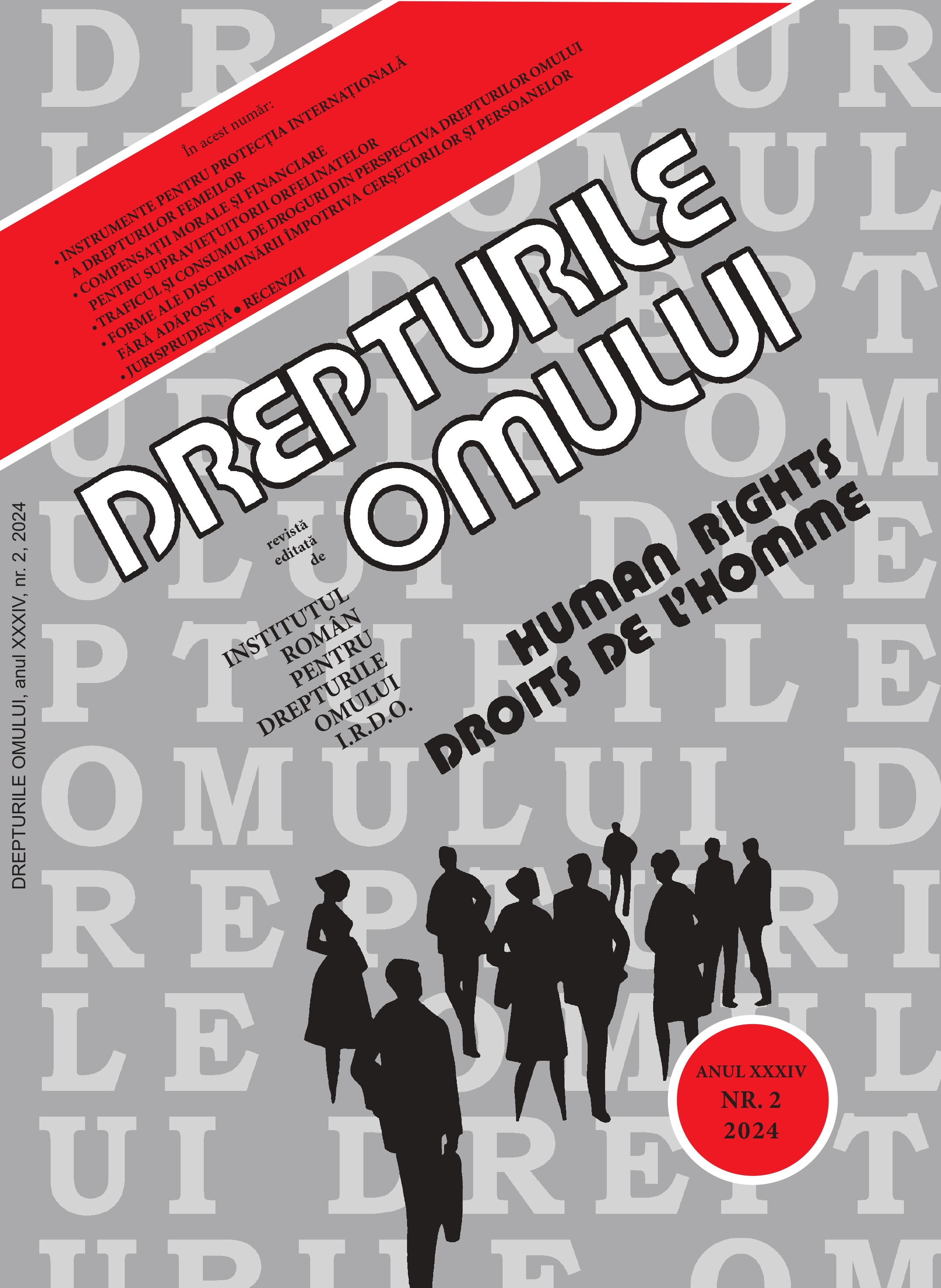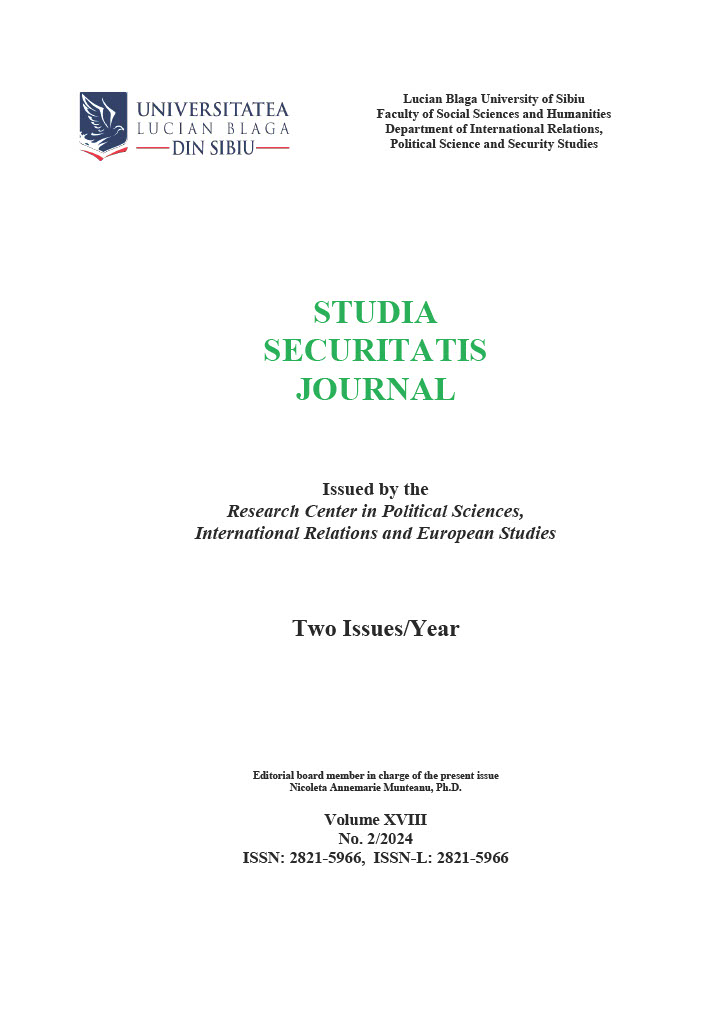Author(s): Iulia Bulea / Language(s): English
Issue: 2/2024
Migration has become a pivotal global phenomenon, raising crucial concerns about human security and crime prevention. This article delves into the interconnectedness between human security and migration, emphasizing the importance of institutional cooperation in addressing these challenges. Human security, encompassing economic, social, political, and cultural dimensions, is a multi-faceted concept that becomes particularly relevant when discussing migration. Migrants often face vulnerabilities, such as exploitation, discrimination, and socio-economic instability, which can lead to heightened risks for both individuals and communities.A significant focus of the article is the role of institutional collaboration in enhancing human security and preventing crimes related to migration, such as human trafficking, smuggling, and organized crime. Government agencies, international organizations, and NGOs play a key role in managing these issues, ensuring that migration is handled in a way that minimizes risks while promoting safety and inclusion. Successful case studies of interagency collaboration highlight how information sharing, joint training, and coordinated intervention strategies have led to positive outcomes in safeguarding both migrants and local populations.However, the article also explores the challenges that hinder effective collaboration, such as resource constraints, conflicting interests, and coordination gaps. Restrictive migration policies can exacerbate these issues, making it more difficult for institutions to work together efficiently and placing additional strain on human security.To overcome these challenges, the article suggests strengthening institutional frameworks, fostering cross-agency communication platforms, and promoting education to raise awareness and reduce biases against migrants. A shift toward migration policies that prioritize human security is also recommended, aiming to protect both national interests and migrant rights, creating a safer, more inclusive environment for all involved
More...
